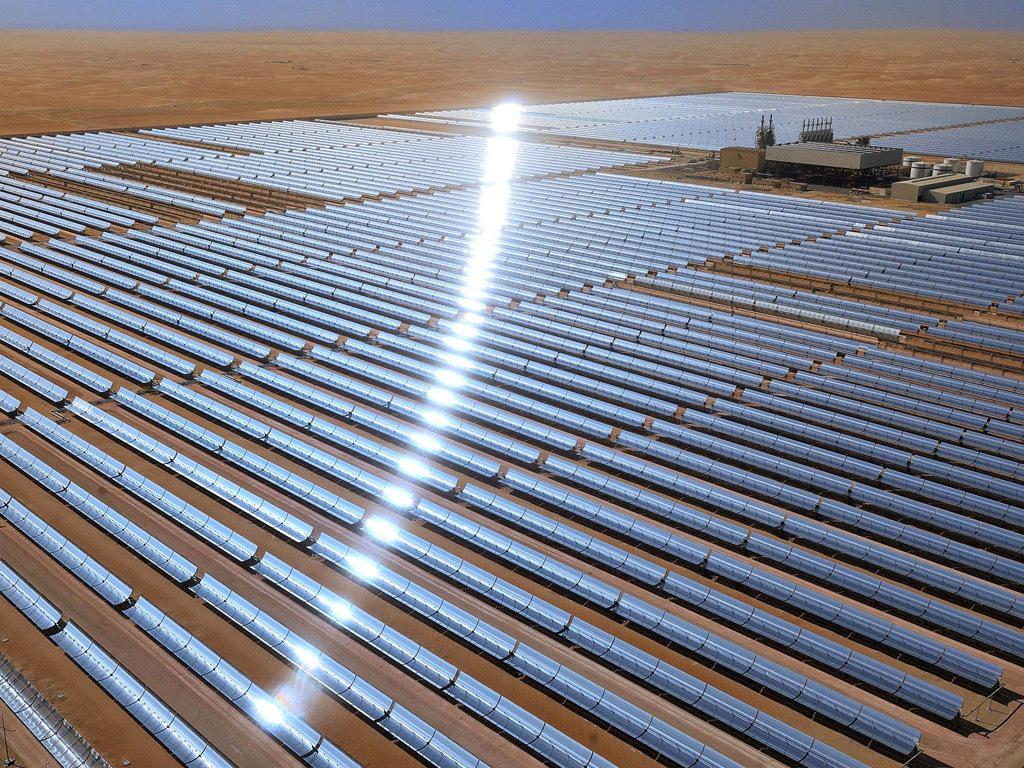Post Arab spring populations are clamouring for mobilisation and rallying to join the ranks of the world’s solar countries, according to the prevalent discourse at the EU EnergyMed conference held in Naples from March 27 to 29 and organised by the ENPI-CBCMed, tackling vital issues which dabble into the potential of solar energy for the emerging countries mentioned. Further liberalisation in that region is expected to give way to the rise of green energy as members of their population strive for a better quality of life through the conservation of the planet.
The conference, organised by the ENPI-CBCMed bore witness to debates regarding Strategic Hubs for the Analysis and Acceleration of the Mediterranean Solar Sector (SHAAMS) program. The primary goal is to make information more accessible to the new governments within that geographic area, equipping them with vital and useful information which could lead to further support for renewable energy as well as shattering myths which have delayed its progress for a long time now in those potential solar countries.
WWF’s Chantal Menard believes that the biggest obstacle for the launch of solar power technology in the region would be the reluctance of the current governments to support such initiatives due to high infrastructure and installation costs. Going green, however, could also be a way of generating jobs, according to Menard.
Generating jobs is seen as a key factor for the development of a reliable middle class in those countries, which are essential to support the new democracies formed after the overthrow of most dictatorships in the area. The switch to solar energy would entail more manpower for various operations, which could only come in the form of job generation.
Calls for a greener state and society are getting more and more evident in such countries, with initiatives such as the observance of Earth Hour last March 29, for example, in Egypt where even the lights on the pyramids, their primary tourist attractions, were turned off in support of Earth Hour. Aside from paving the way for more jobs for those countries’ citizens, support for renewable energy sources in these future solar countries could also mean significant savings as consumption rates drop and power bills are slashed in half.
The Arab spring saw dictatorships in various countries in Africa overthrown. The ushering of a new government has sparked wider consciousness regarding vital issues which include the conservation of the planet.



